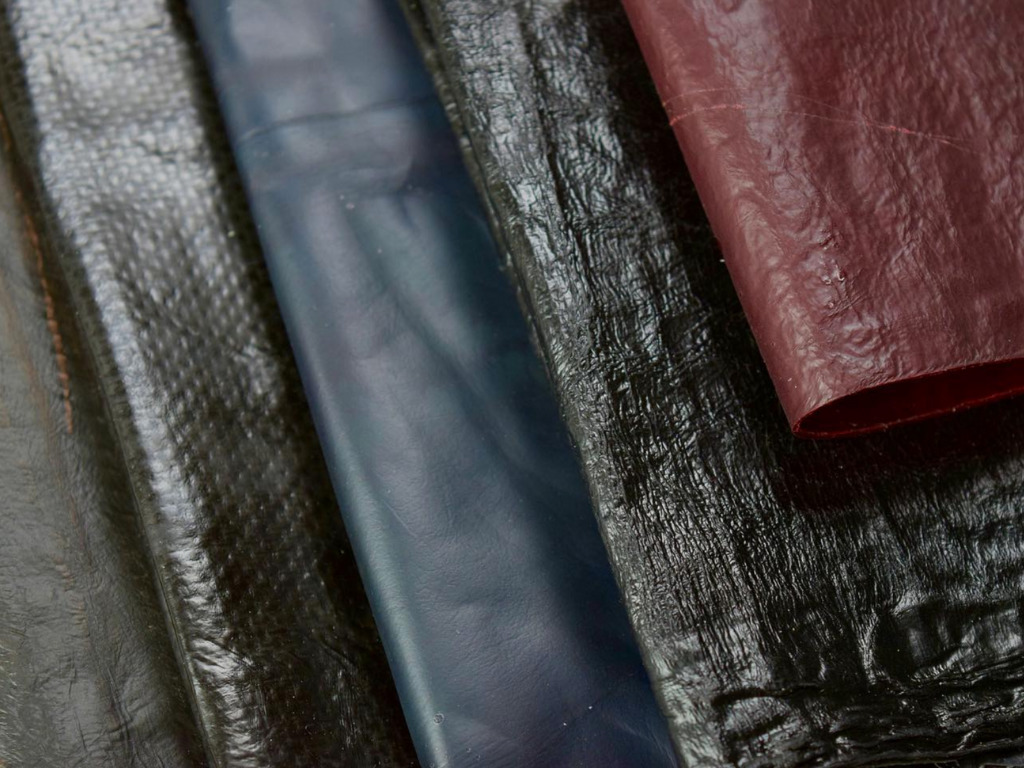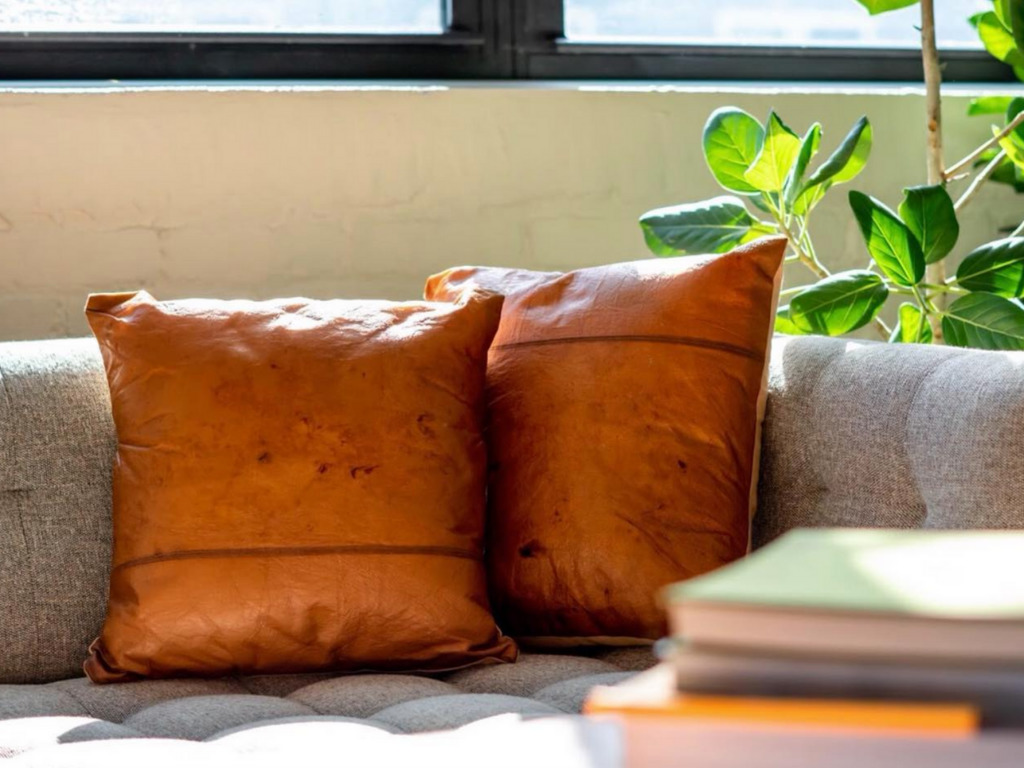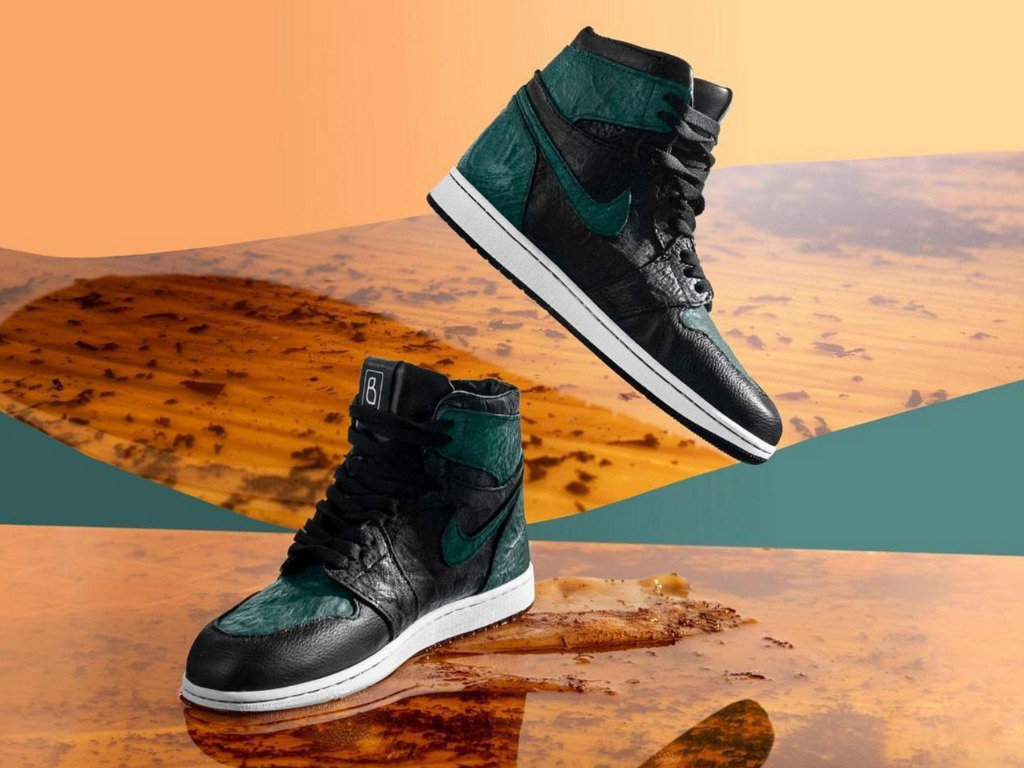4 Mins Read
Biotech company Bucha Bio is helping the textile industry ditch the use of plastics and petrochemicals by offering a biobased solution. Within just weeks, the biodegradable material is produced and can be infinitely customizable and renewable with over two million possible combinations.
100% biobased textile
Bucha Bio uses a renewable bacterial-nanocellulose (BNC) to grow a novel biomaterial. BNC is a naturally-occurring polymer created by strains like Gluconacetobacter xylinus, one of the bacterial species known to give highly efficient results in cellulose manufacturing. The novel biomaterial is then blended with natural fibres to develop a high-performance textile.
Without using any plastics or petrochemicals like PU polyurethane, the textile is 100% biodegradable, and is a sustainable alternative to animal-based leather, polyurethane, latex, vinyl, among others. In addition, it is resistant against water, sunlight, flames, and scratches.

The animal-based leather industry was valued at an estimated US$95 billion in 2018 and is expected to cross US$128 billion by 2022. To disrupt this market and prevent the four million tons of solid waste produced every year by the leather industry, Bucha Bio’s material aims to be a step in the right direction.
According to a study conducted in the U.S., 55% of respondents said that would opt for leather alternatives instead of animal-based leather and 96% were ready to buy plant-based leather.
Previously, the company had experimented with kombucha to produce biomaterials. However, the resulting properties were not adequate and they couldn’t be scaled for consumer use.
It has even partnered with technology company Spira to use its sustainable algae-based dyes that are made from spirulina as an alternative to toxic and artificial dyes.
Commercial industries will evolve beyond exclusively leather-based products in the next 25 years due to overwhelming consumer demand and we’re at the forefront of supporting brands as they shift towards more sustainable models
Zimri Hinshaw, founder and CEO of Bucha Bio
Quick sustainable process
The proprietary production process takes place over 21 days, with the company stating it’s way faster than the process needed for manufacturing plastic leather or even raising cattle for the animal-based leather industry that can take several years.
Bucha Bio’s process consumes way less water and releases significantly fewer GHGs than its animal-based counterpart. Plus, the plant-based treatment process doesn’t use toxic chemicals that are otherwise employed in tanning and treating animal-based leather. Commercial industries will evolve beyond exclusively leather-based products in the next 25 years due to overwhelming consumer demand and we’re at the forefront of supporting brands as they shift towards more sustainable models

According to the company website, “The process begins with tea and sugar where sweet tea is combined with bacteria and grows to completion in just 15 days– much faster than the average cow! After growth is finished, the layer of bacterial leather is removed and the sweet tea is composted. The leather then undergoes organic chemical alteration and proprietary wax treatment to become Bucha Leather.”
Sustainability and planetary health is never going to be achieved by waiting for the status quo to magically change. The challenge of our time is finding action-oriented people that tackle deep-tech problems with science
Sean O’Sullivan, managing general partner, SOSV
A wide range of applications
“Our team of scientists and designers are incredibly devoted to this mission, and we’re proud to finally be able to release the first of many biomaterial-based applications,” said founder and CEO of Bucha Bio, Zimri Hinshaw, in a statement. “We’re collaborating closely with major brands and prototyping products from footwear to luxury automotive interiors. Commercial industries will evolve beyond exclusively leather-based products in the next 25 years due to overwhelming consumer demand and we’re at the forefront of supporting brands as they shift towards more sustainable models.”

The company joined forces with SOSV IndieBio, recently graduating from the startup program which helps biotech companies make sustainable solutions like this one a reality.
“Sustainability and planetary health is never going to be achieved by waiting for the status quo to magically change,” said Sean O’Sullivan, Managing General Partner at SOSV. “The challenge of our time is finding action-oriented people that tackle deep-tech problems with science. The Bucha Bio team has created new biomanufacturing processes in practical and productive ways, and achieved remarkable progress in a short time at IndieBio.”
The material can be used in shoes, clothing, accessories, and many more items, with the company unveiling its first two nanocellulose-based accessories for the textile industry.
It collaborated with independent artists to create a designer women’s top. In addition, London-based custom designer Frecustoms called for the material to be used in a pair of sneakers.
Read: Fiquetex: Gabriel Moreno Wins Oxford Award For Creating Vegan Leather From Colombian Fique Plants
Lead image courtesy of Bucha Bio.




